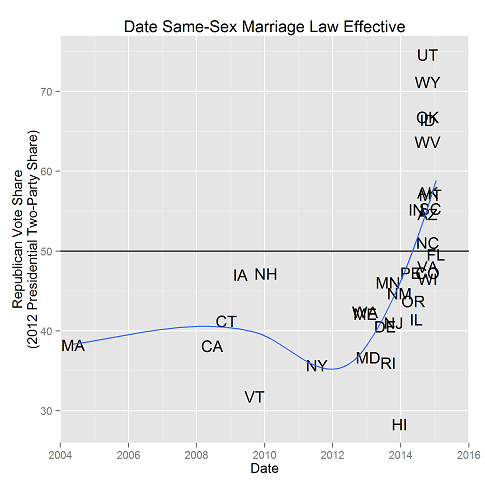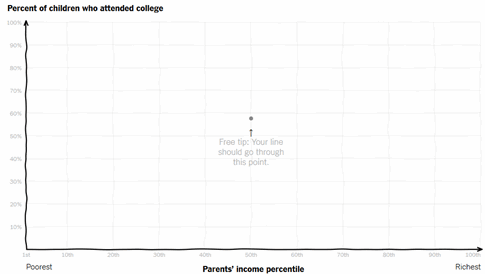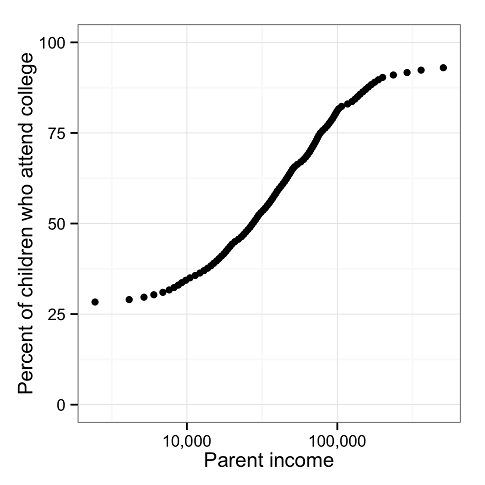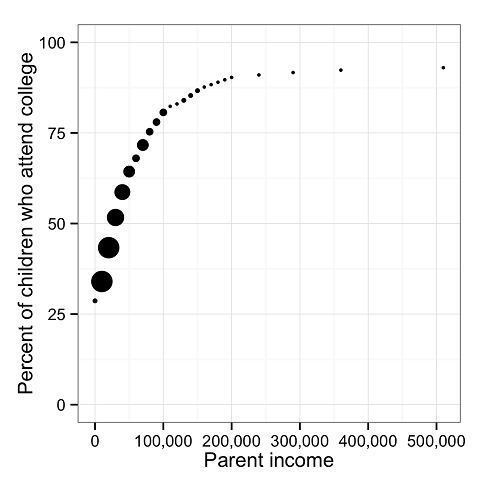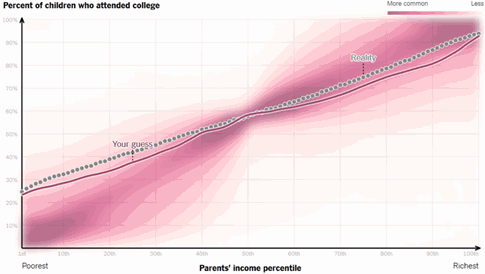Job opening with Morningstar’s behavioral science team
CHICAGO BASED POSITION
The Group: On the Behavioral Insights Team, we use behavioral science to help people engage with and improve their finances. We then run rapid, digital experimental studies to determine what works, and what doesn’t, and publicize the results.
The Role: Help millions of people retire with dignity and in comfort. Morningstar is looking for an applied behavioral scientist, to help understand and overcome the behavioral obstacles that individuals face to financing their retirement. You’ll pursue original research alongside a team of like-minded behavioralists and leading academics from around the country. This position is based in our Chicago office.
Responsibilities
• Lead our retirement-focused initiatives, developing our strategy to better understand and to apply lessons about financial decision-making behavior.
• Design, execute, and analyze large-scale randomized control trials (Morningstar interacts with millions of individual investors, their advisors, and their employers).
• Work with the marketing, product, and research teams to identify their pressing questions around retirement behavior and assist them in designing and running experimental studies.
• Coordinate with our Behavioral Science Advisory Board – amazing and thoughtful researchers from around the country – to develop new interventions, and measure their real-life impact.
• Publicize your findings in the media, papers, and at conferences.
Requirements
• Postgraduate training in behavioral social science, especially on financial decision making, or equivalent professional experience required.
• Professional experience in applying behavioral interventions specifically to improving retirement outcomes is ideal.
• Demonstrated ability writing about behavioral research for a general audience.
• Experience with digital communications (marketing, software products), and A/B testing tools for them, is a big plus.
• At least two years of experience using R or STATA to analyze complex datasets and panel data (academics: yes, GRAs count).
• Experience doing data processing and analysis in SQL is also a plus.
In your cover letter, mention how you’d approach the issue of helping people prepare for retirement.
Morningstar is an equal opportunity employer.
See: https://www.linkedin.com/jobs2/view/56477808?trk=job_view_browse_map&trk=job_view_browse_map




